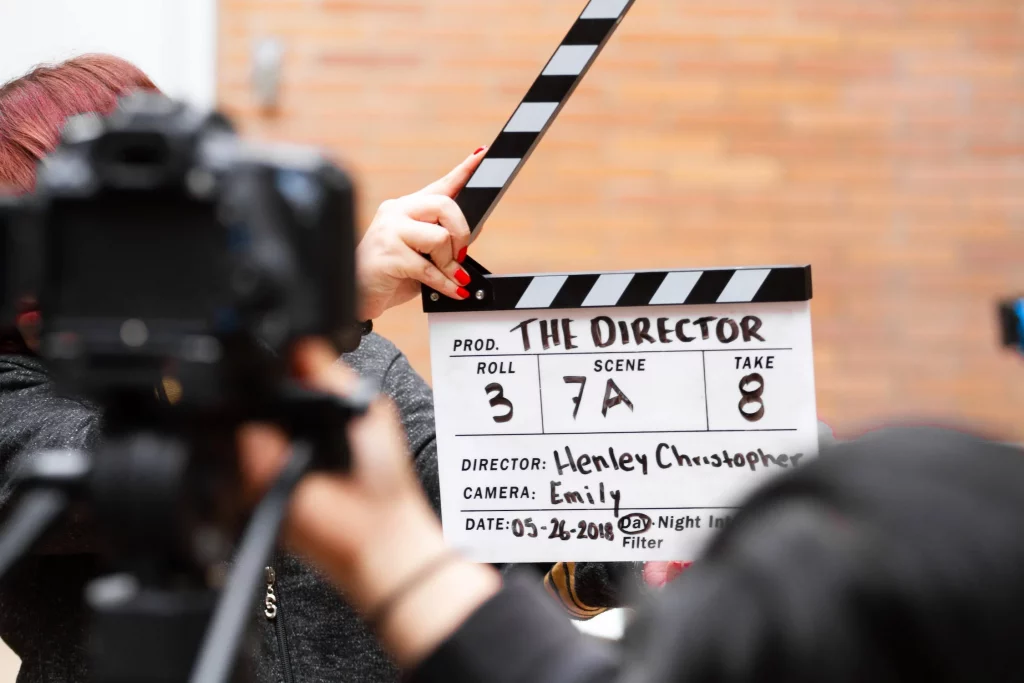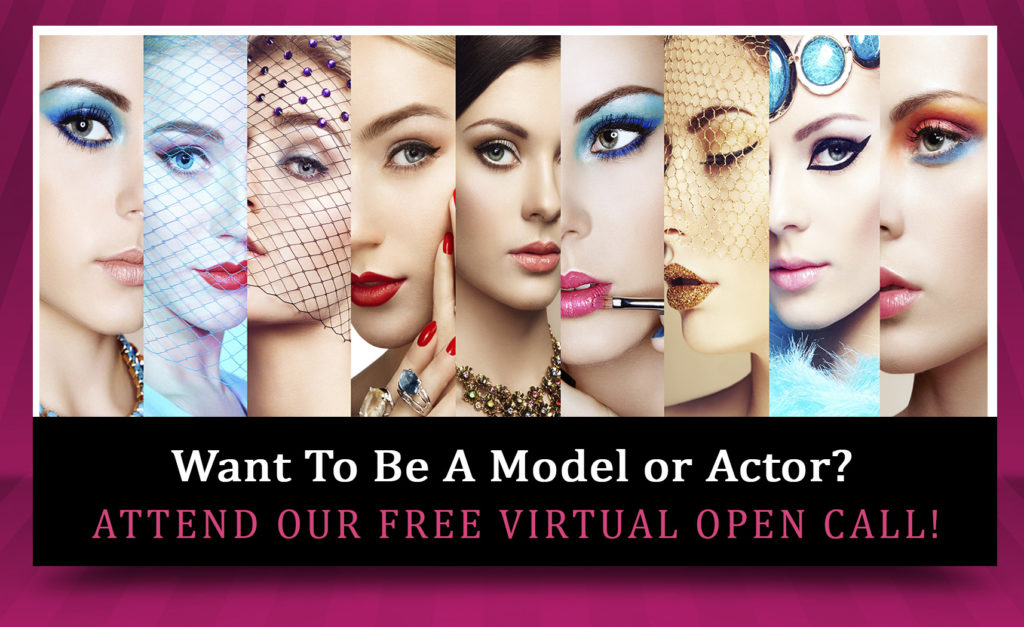The Ethical Model: Navigating Body Positivity and Industry Expectations
In the world of modeling, where aesthetics can often overshadow individuality, navigating the fine line between maintaining body positivity and meeting industry expectations is a delicate dance. The emergence of the ethical model—those who advocate for health, diversity, and authenticity—has begun to reshape the landscape. This blog delves into the nuances of being an ethical model, balancing self-acceptance with professional demands.
The Ethical Model Defined
An ethical model does not just walk the runway; they walk the talk of inclusivity and self-respect. This new wave of professionals are not only known for their looks but also for their stance on important issues like mental health, realistic body standards, and ethical practices within the industry. They embody a movement that values the wellbeing of the individual over the often unreachable beauty standards.
The Realistic Approach to Body Positivity
Body positivity is a powerful affirmation but it’s not a one-size-fits-all. For actors and models, it means embracing their unique attributes while acknowledging the challenges of an industry that often glorifies a narrow set of standards. Ethical models promote a realistic form of body positivity—one that allows for healthy fitness goals and self-improvement without succumbing to unhealthy or extreme measures.
Personal Wellbeing and Industry Standards
Finding equilibrium as an ethical model requires a blend of personal conviction and industry savvy. It’s about taking care of oneself—mind, body, and spirit—while understanding the dynamics of the business. This might mean selectively choosing projects that align with one’s values or working with brands that are committed to ethical representation and practices.
Advocacy Through Action
Beyond personal practices, ethical models often become advocates, using their platform to initiate conversations about health, diversity, and fairness in representation. They collaborate with like-minded designers, brands, and campaigns that are driving change in the industry, becoming the face of a more inclusive and humane approach to beauty and fashion.
Some ethical models extend their advocacy into the realm of social media by directly confronting unrealistic standards. They do this by, for example, fearlessly displaying natural body features such as stretch marks, contrasting posed versus natural stances, and offering honest glimpses into daily eating habits, rather than the often idealized versions. Such transparent sharings forge a path toward reshaping industry standards and fostering a community grounded in authenticity and health, rather than unattainable perfection.
The Future is Inclusive
The rise of ethical models signifies a shift towards a more inclusive industry. Casting calls are increasingly seeking diverse body types, backgrounds, and stories. This change doesn’t just open the door for a wider array of models; it also reflects a broader cultural movement toward celebrating diversity and health in every form.
In conclusion, being an ethical model is as much about showcasing beauty as it is about embodying and promoting positive change. It’s a testament to the power of individual voices in creating collective change—a change that’s not only seen on billboards and runways but felt in the hearts of those it empowers.
To learn more tips and tricks for actors and models, feel free to sign up for our next FREE Online Workshop. On this free Online Workshop, you will learn about the recent changes in the modeling and acting industries that are opening the doors for more job opportunities. You will also learn cutting-edge ways to have good-paying modeling and acting jobs in your local area, flood into your email inbox on a regular basis. You will learn what to do to land these jobs from the comfort of your own home. Click below to register now!











